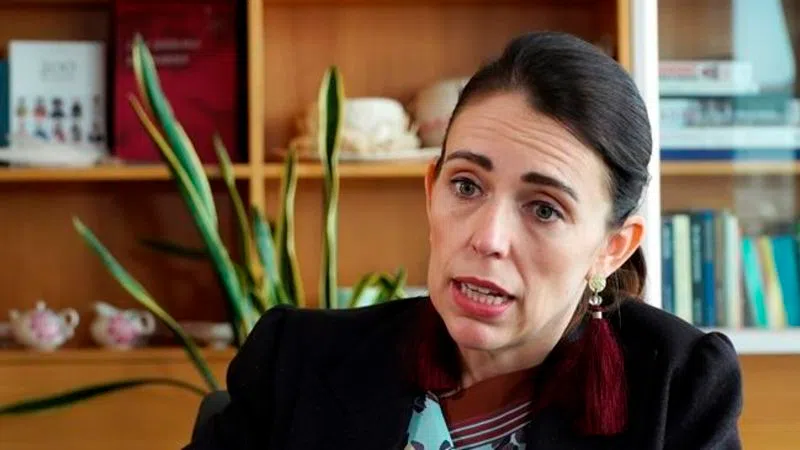
AP Interview: New Zealand PM aims to limit spread of hate
WELLINGTON, New Zealand — New Zealand’s prime minister said she will do all she can to stop a man accused of killing 51 Muslim worshippers from spreading his message of hate at his trial, while she hopes artificial intelligence will one day stop such attacks from being broadcast online.
In an interview with The Associated Press on Thursday, Prime Minister Jacinda Ardern described how she made decisions after the March 15 attacks at two Christchurch mosques, including introducing sweeping gun reforms and starting a global discussion on keeping violent extremism from the internet.
Australian white supremacist Brenton Tarrant, 29, has been charged with 51 counts of murder, 40 counts of attempted murder and one count of terrorism in the attacks and goes on trial next June.
Ardern said she thought Tarrant would try to use the trial to promote his views.


